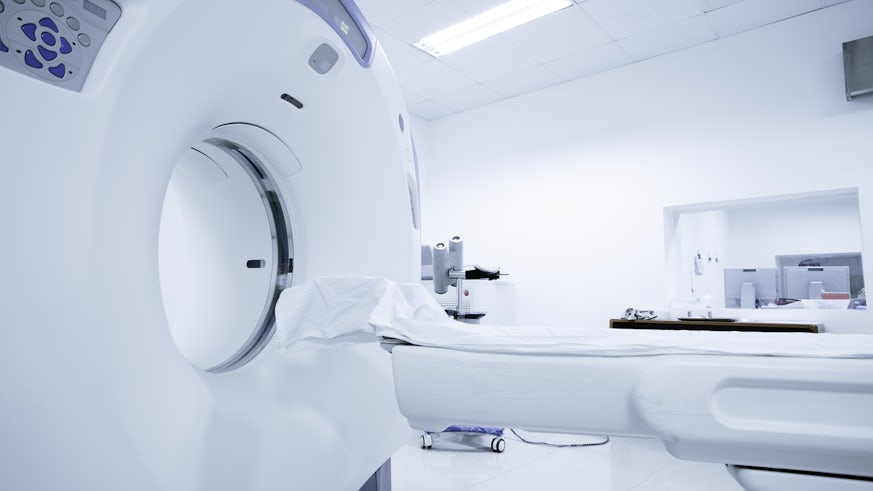More than one in five people ‘less likely to attend cancer screening post-pandemic’
16 July 2021

More than one in five people have said they are less likely to attend cancer screening now than before the pandemic, according to the initial findings of a UK-wide survey led by Cardiff University.
Despite the majority of respondents eligible for cervical and/or bowel screening saying they would “definitely” participate in their next screening, a substantial minority said they would be “less likely” to attend screening now.
The researchers said national campaigns with clear messaging were needed to encourage people to consider taking part in cancer screening.
The COVID-19 pandemic has caused widespread disruption to cancer screening services, with the UK’s national cancer screening programmes effectively paused from late March to around June last year. Routine invitations are now being sent out – but there is a significant backlog of people waiting for invitations.
As part of the COVID Health and Help-Seeking Behaviour Study, researchers from Cardiff University and Cancer Research UK carried out a UK-wide study to assess attitudes towards screening during the pandemic.
A policy briefing on the findings released today reveals:
- 74% of respondents eligible for cervical screening said they will attend their next cervical appointment, while 84% of eligible respondents said they will participate in bowel screening;
- A substantial minority (30% of those eligible for cervical screening, and 19% of those eligible for bowel screening) said they are less likely to take part in cancer screening now than before lockdown;
- Three-quarters (75%) said they were worried about delays to cancer tests and investigations, and to screening, caused by COVID-19.
As part of the study a small number of respondents were interviewed, and highlighted barriers such as fear of COVID-19 infection and uncertainty about social distancing procedures.
The researchers said the government and health services needed to “carefully consider” how best to return screening participation to pre-pandemic levels as “quickly as possible”. Future analysis will look at responders’ engagement with screening when they are invited.
Principal investigator Professor Kate Brain, a health psychologist from Cardiff University’s School of Medicine, said: “Our survey suggests that nationally coordinated campaigns with clear messaging to inform the public that they will be contacted about screening – and to encourage them to consider taking part – are urgently needed.
“We also need to continue to run interventions to reduce non-COVID screening barriers among non-responders and to make sure the public is aware that screening services are open safely and explain what will happen at the appointment to minimise COVID-19 risk.
“Lastly, we also need to ensure that there are enough healthcare staff to urgently deal with the screening backlog and ensure people who need further diagnostic tests receive them in a timely manner.”
These results are part of an online UK-wide survey of 7,543 adults which was carried out in August and September 2020. This analysis included 2,319 respondents eligible for cervical screening and 2,502 eligible for bowel screening, of whom 1,003 were eligible for both.
These findings have been published as a pre-print, with the research team aiming to publish in a peer reviewed journal this year.
The research is being carried out by Cardiff University and Cancer Research UK, along with King’s College London, the University of Surrey and Public Health Wales. It is funded by the Economic and Social Research Council as part of UK Research and Innovation’s rapid response to COVID-19.
